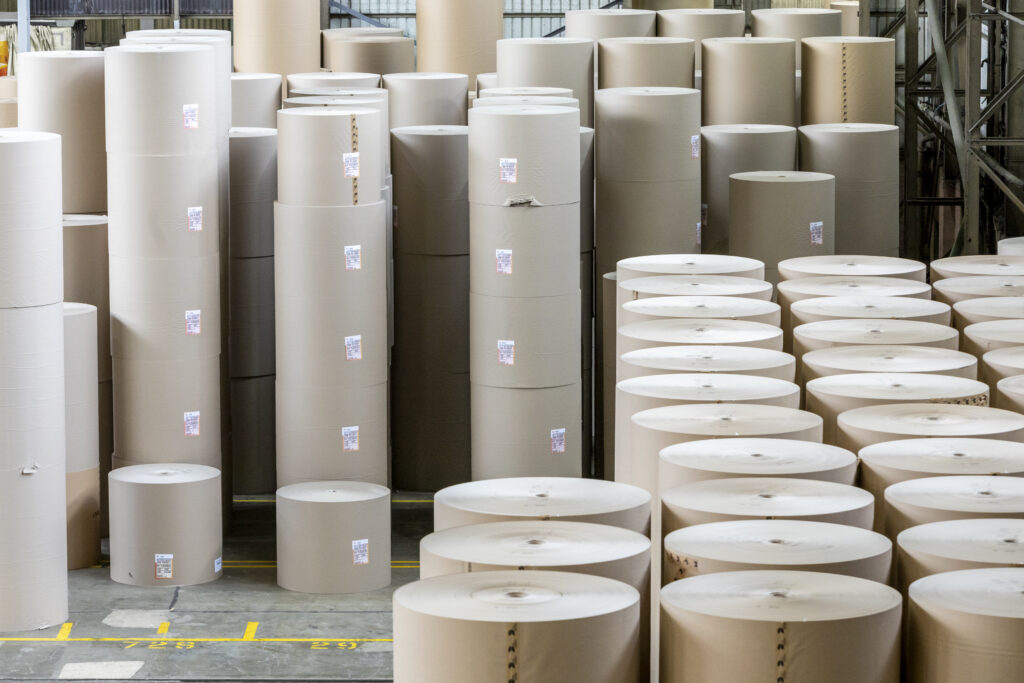Aylesford Newsprint processes more than 500,000 tonnes of recovered newspaper and magazines every year, but does not accept Yellow Pages for recycling.
 Yell Ltd says 60% of its Yellow Pages directories are now being recycled, but major paper mill Aylesford does not accept them for recycling |
Yell Ltd claims that over 96% of local authorities now collect and recycle old telephone directories, with just over half of councils accepting Yellow Pages in their kerbside recycling schemes.
The company claims that “latest independent market research shows that 60% of households recycled their old Yellow Pages directory”.
But on the eve of the meeting, Aylesford Newsprint told letsrecycle.com that the ink from Yellow Pages is hard to remove in the recycling process.
Chris White, commercial manager at Aylesford, said: “We don't like taking them as the ink tends to be over a year old and it is hard to remove.”
Aylesford has two types of machines to help the de-inking of processed paper – a flotation process and a process that uses soap to wash the paper.
Yellow Pages
Yell Ltd delivers the publication to 28 million households and businesses every year and the company is currently offering grants to councils to help them set up collection systems for the product.
A spokesman at the publishing firm said that since 2000, the only paper used to make the directories was white with a “yellow surface colour wash”, which it said can be de-inked using flotation and washing methods. The company stressed that its publications were “fully recyclable”.
“The old Yellow Pages directories can be recycled into card, corrugated board, packaging materials (jiffy bags, egg boxes etc), insulation materials, animal bedding and also newsprint,” the Yell spokesman said.
| Related links: |
Among the local authorities that still don't collect Yellow Pages are those within Hampshire's council waste partnership, Project Integra.
Steve Read, Project Integra's executive officer, said: “The problem with the directories is that they are low value in terms of recycling potential and by their nature they tend to be old, so the ink is hard to remove. So if you compare the cost of cleaning the paper with the actual value of the fibre it is not very energy or cost efficient.”







Subscribe for free